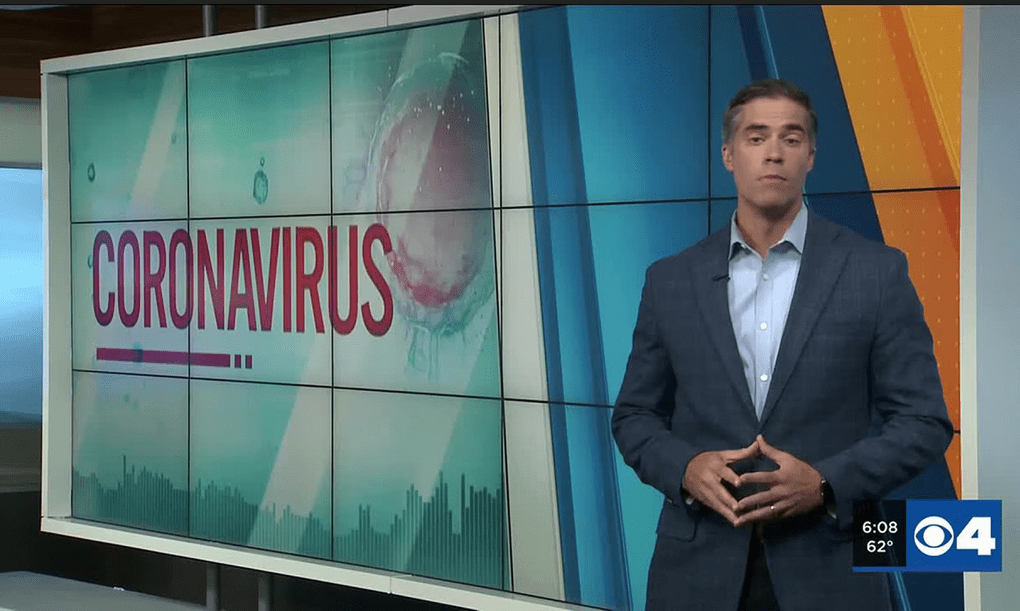In a small study, the drug kept patients with mild symptoms from worsening. If it holds up in a larger test, it could help keep more people out of hospitals.
November 19, 2020~Wired
Fluvoxamine for Early Treatment of COVID-19: What You Should Know:
- Adults recently diagnosed with COVID-19 (less than 7 days) who took fluvoxamine for up to 15 days, did not show clinical deterioration.
- Clinical deterioration is the combination of shortness of breath and hypoxia (decrease in oxygen), which are signs of damage to the lungs.
- This deterioration occurs in about 10% of people who initially have mild symptoms. It can lead to hospitalization and need for a ventilator.
- These findings were recently replicated in a large placebo-controlled clinical trial.
Fluvoxamine is a commonly-used medication worldwide since the 1990s. It is used for depression and anxiety and belongs to a class of drugs called selective serotonin reuptake inhibitors (SSRIs), including drugs like Prozac and Paxil. Unlike these drugs, though, fluvoxamine has a strong effect on the sigma-1 receptor.
We believe this may be an anti-inflammatory effect. Some people with initially mild COVID-19 develop lung damage because of inflammation (the body’s response to infection). It was because of this effect that we tested fluvoxamine for COVID-19. Fluvoxamine has a strong effect on the sigma-1 receptor, which controls inflammation.
Yes, when it is used correctly, fluvoxamine is safe. In our initial study, people started fluvoxamine at 50mg on the first night, then increased to 100mg twice daily. Later in the 15-day course, some patients increased to 100mg three times daily as tolerated. Fluvoxamine can cause side effects such as nausea, dizziness, and changes in sleep, like insomnia. However, these side effects are usually mild and go away.
Yes. There was a large outbreak at Golden Gate Race Track in California. The track physician, David Seftel, offered fluvoxamine to people who were COVID positive. He found that none of those who took fluvoxamine developed serious COVID, vs. 12.5% of those who declined to take it. He also found a faster resolution of the illness in those who took fluvoxamine. This observation is now published: https://academic.oup.com/ofid/advance-article/doi/10.1093/ofid/ofab050/6124100?searchresult=1
Also, a large observational study in Paris found that SSRI antidepressants, especially fluoxetine (which is similar to fluvoxamine), were associated with reduced risk for severe COVID: https://www.nature.com/articles/s41380-021-01021-4
The latest replication is a large randomized controlled trial called the TOGETHER trial. These results are not yet published. The study found a 31% reduction in hospitalization or extended emergency room visits for those randomized to fluvoxamine vs. placebo. For those who took at least one dose of study medication, the reduction was 35%. Some coverage of the study can be found here: https://blogs.jwatch.org/hiv-id-observations/index.php/could-this-be-our-first-effective-inexpensive-widely-available-outpatient-treatment-for-covid-19/2021/08/12/
Other studies are now testing fluvoxamine, including the NIH ACTIV 6 trial. You can find a list of these studies at https://clinicaltrials.gov/ct2/results?recrs=&cond=Covid19&term=fluvoxamine&cntry=&state=&city=&dist=
We (Drs. Lenze and Reiersen) believe fluvoxamine has now been proven efficacious vs. COVID-19, because of the results of the large randomized placebo-controlled study (the TOGETHER trial).
Many doctors are interested in prescribing it now. For doctors who are prescribing it for their patients, we would recommend starting it as soon as possible once someone has been diagnosed with COVID-19, targeting a dose of 100mg twice daily.
It can be reduced to 50mg if there are problematic side effects (about 25% of people develop nausea, which is mild though annoying for some).
Fluvoxamine is a safe drug when prescribed correctly; for any doctor prescribing it or patient taking it, we recommend reviewing “three important issues” (see below).
As a disclaimer, we should note that fluvoxamine is not FDA-approved for the treatment of COVID-19, and as of yet neither the NIH guidelines committee nor the WHO has endorsed its use in this regard. We also acknowledge that not all scientists are of the opinion that the positive findings to-date provide conclusive results regarding fluvoxamine’s use vs. COVID-19.
Here’s the article that has led to my more-cautionary text: https://www.the-scientist.com/news-opinion/a-closer-look-at-the-new-fluvoxamine-trial-data-69369
- First, patients should avoid caffeine while taking fluvoxamine. It prevents the body from properly metabolizing caffeine, making it stay in the system 5 times as long as expected. This is not dangerous but can cause insomnia and jitteriness. If they must have caffeine, they should limit their intake to ½ of a small cup of coffee, or one can of soda, or one tea, in the morning. They can return to their regular caffeine intake once they have stopped taking fluvoxamine.
- Second, fluvoxamine affects the metabolism of some drugs. In particular, people taking theophylline, clozapine, olanzapine, or tizanidine should either avoid fluvoxamine or talk to their doctor about how to avoid a dangerous drug interaction (e.g., by reducing or minimizing the drug).
- Finally, fluvoxamine is an antidepressant. People with psychiatric conditions such as bipolar disorder or who already take psychiatric medications such as antidepressants or mood stabilizers should talk with their doctor before taking fluvoxamine.
At the ISIRV Therapeutics for COVID-19 conference, Dr. Angela Reiersen and colleagues reported positive results from the STOP COVID Trial
October 6, 2020 | In this placebo-controlled trial, fluvoxamine prevented clinical deterioration in early COVID-19 illness. View abstract here: Fluvoxamine for prevention of clinical deterioration in early COVID-19: Results from a randomized placebo-controlled trial

